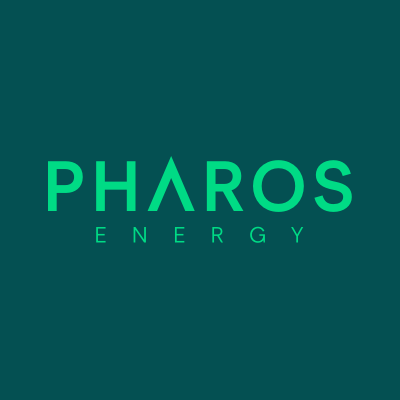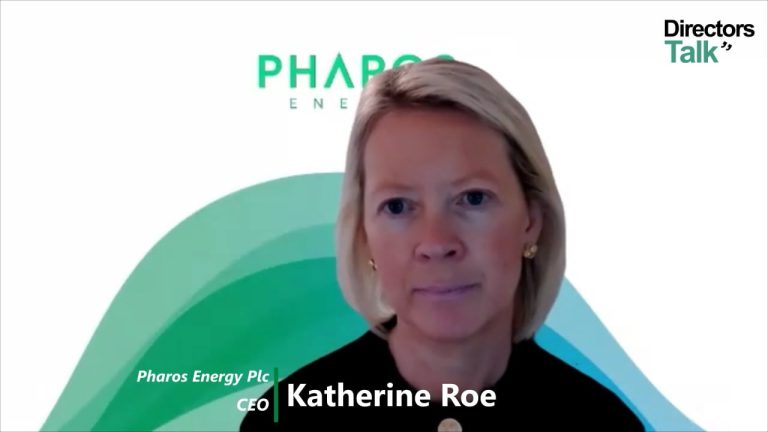The energy market has entered another delicate phase, where pricing is being shaped less by sentiment and more by the practical realities of supply access. Each shift in sanction policy or producer stance is creating ripple effects that investors must interpret carefully, as short-term movements often conceal deeper strategic realignments.
Crude recently moved above the $66 level, advancing more than 1% in a single session, a move tied directly to tightening conditions around Russian exports. Restrictions have narrowed available flows, amplifying the weight carried by decisions made within OPEC and its wider partners. While the headline numbers may appear incremental, the underlying message is that available supply is becoming more politically and structurally constrained.
Investors watching the short-term rally must weigh these dynamics against longer-term structural questions. Geopolitical pressure is unlikely to ease, which means sanctions will continue to shape flows and introduce volatility. Yet OPEC’s commitment to manage output provides a stabilising counterweight, keeping prices from becoming entirely hostage to sudden dislocations. For those positioning capital, the interplay suggests a market that may remain firm but also increasingly vulnerable to external shocks.
What distinguishes the present moment is not the size of the price move but the convergence of factors driving it. Supply restriction through policy, combined with measured producer discipline, has created a tighter corridor for price discovery. This points to an environment where relatively small shifts in policy or sentiment can have amplified consequences.
Pharos Energy Plc (LON:PHAR) is an independent energy company with a focus on delivering long-term sustainable value for all stakeholders through regular cash returns and organic growth, underpinned by a robust cash flow and resilient balance sheet.








































